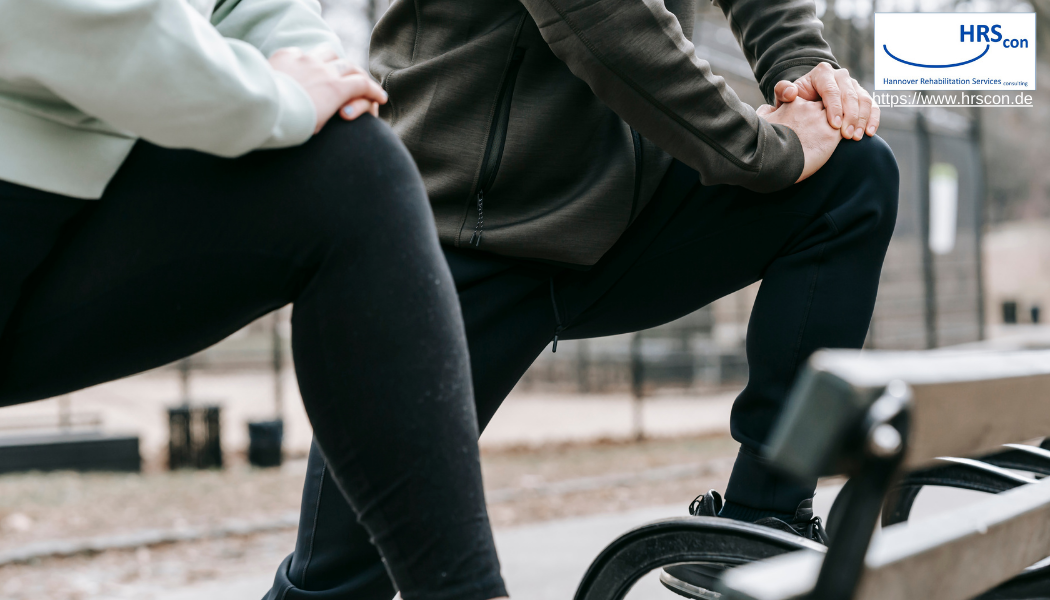A new study conducted in Chile has shed light on the crucial role of lifestyle choices, particularly physical activity (PA), in bolstering cognitive abilities among university students. The research, which focused on executive functions (EFs) – a set of cognitive skills essential for academic success – found that regular PA is a powerful tool for enhancing these abilities.
Executive functions (EFs) encompass a range of higher-order cognitive skills, including planning, decision-making, problem-solving, and working memory. These abilities are vital for navigating the demands of university life, from tackling complex assignments to managing time effectively. The study aimed to explore how lifestyle factors, such as PA, sleep, and screen time, influence EFs in Chilean university students.
One of the key findings of the study was the existence of gender differences in lifestyle habits and EFs. Male students, on average, outperformed female students in attention, memory, and physical activity levels. Conversely, female students reported sleeping more and spending less time in front of screens. These findings align with previous research suggesting that there may be sex-based differences in EFs and associated lifestyle behaviors.
However, the most significant discovery from the study was the strong positive association between PA and various EFs, including attention, coordination, reasoning, perception, memory, and cognitive flexibility. Regular physical activity was found to have a beneficial impact on all of these cognitive domains.
For example, students who engaged in regular PA were more likely to exhibit:
- Enhanced focus and concentration: PA can help to improve attention span and reduce distractions.
- Improved coordination skills: Physical activity can enhance motor coordination and balance.
- Boosted logical thinking and problem-solving: PA has been shown to improve reasoning and problem-solving abilities.
- Sharpened sensory perception: Engaging in physical activities can enhance sensory perception, such as sight and hearing.
- Supported memory function: PA can help to improve memory and recall.
- Enhanced cognitive flexibility: Physical activity can promote cognitive flexibility, which is the ability to adapt to new situations and think creatively.
While the study provides compelling evidence for the benefits of PA on cognitive function, it is important to note that it has certain limitations. The research was conducted using a cross-sectional design, which means that it cannot establish a definitive cause-and-effect relationship between PA and EFs. Additionally, the study relied on a convenience sample of university students, which may limit its generalizability to the broader population.
Despite these limitations, the findings of the study have significant implications for universities and students alike. By promoting and encouraging physical activity among students, universities can help to improve their cognitive performance and academic success. Furthermore, future research can delve deeper into the underlying mechanisms through which PA exerts its beneficial effects on the brain, and develop targeted interventions to promote PA in university settings.
In conclusion, this study highlights the multi-faceted benefits of physical activity for university students. Regular PA goes beyond physical well-being, positively impacting cognitive function and academic success. Encouraging and promoting PA among university students can be a valuable strategy to optimize their cognitive performance and foster overall success. Future research can delve deeper to develop targeted strategies for maximizing cognitive outcomes in university settings.

